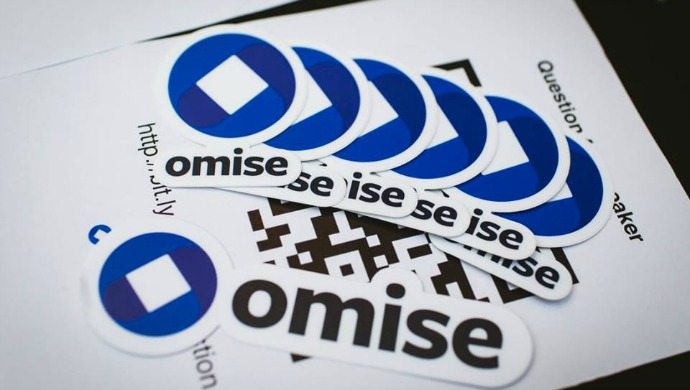
Omise joins hands with Alipay: E-commerce firms can now accept payments from Chinese buyers in Thailand
By e27
As per Tourism Authority Thailand, 9.8 million Chinese citizens are expected to visit Thailand in 2017, which accounts for up to 30 per cent of the US$75 billion spent by foreign tourists
Thailand’s leading fintech startup Omise has announced its support for Alipay to enable e-commerce merchants to accept online payments from Chinese citizens visiting the Kingdom.
To enable this, Omise has integrated the Alipay payment method into its payment suite launched today.
According to a statement, this partnership aims to create a borderless online payments market for Asia as well as bridging the gap between Chinese consumers and businesses in Thailand that Omise currently supports.
As per a Tourism Authority Thailand report, 9.8 million Chinese citizens are expected to visit Thailand in 2017, which accounts for up to 30 per cent of the THB 2.6 trillion (US$75 billion) spent by foreign tourists.
“Increasingly, we see a demand from our customers to offer more alternative payment options for their online users at checkout,” said Jun Hasegawa, CEO and Founder of Omise. “With Alipay payment acceptance, Omise merchants in Thailand can now increase the opportunity to take more sales from visiting Chinese citizens maximising sales revenue from this growing market.”
Founded in 2013, Omise (which means “store” in Japanese) is an online payments platform that allows businesses to securely accept payments over the internet. The startup currently operates in Thailand and Japan, and service will soon be available in Singapore, Indonesia and Malaysia.
In July last year, Omise secured US$17.5 million in its Series B financing round, led by Japan’s leading venture capital firm SBI Investment with significant participation from Sinar Mas Digital Ventures, Ascend Money, and Golden Gate Ventures.
Founded in 2004, Alipay is a leading largest online and mobile payments processor in the world’s largest market for internet services China. It currently has over 450 million registered accounts, with reports showing that it accounts for as much as 69.9 per cent of the mobile payments in China in 2015.





